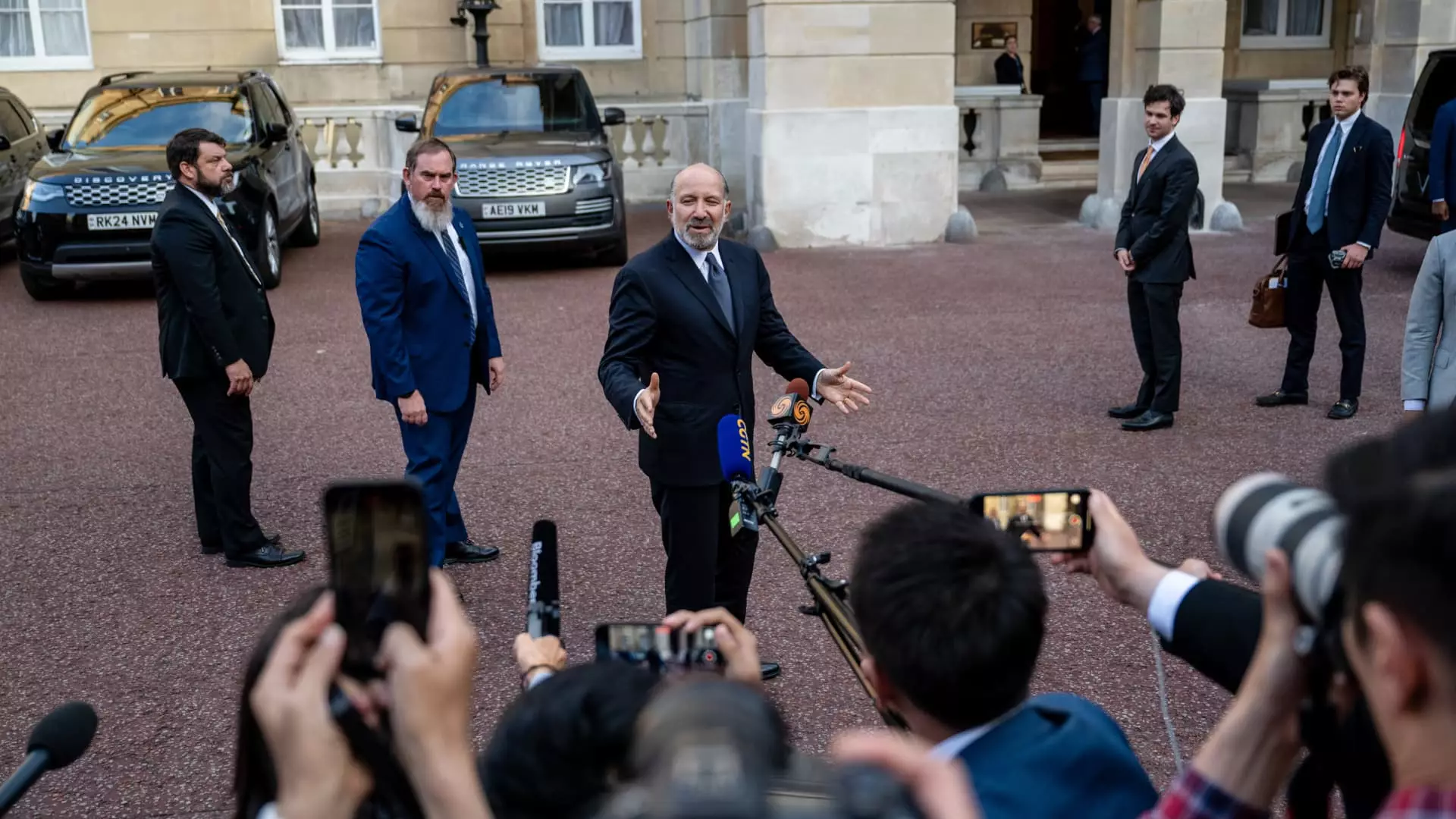In an era marked by unpredictability and tension, the recently reported trade agreement between the United States and China emerges not as a victory, but rather as a fragile accord susceptible to the volatility that has characterized U.S.-China relations. Following two days of intense discussions in London, U.S. Commerce Secretary Howard Lutnick proclaimed the achievement of a “framework” intended to implement the longstanding Geneva trade consensus. This so-called breakthrough is met with skepticism, as the core issues underlying the bilateral trade relationship can’t be simply wrapped in a neatly packaged framework.
The world’s two largest economies, once steadfast allies in a budding global order, now find themselves in a tenuous diplomatic standoff. Both President Trump and President Xi Jinping have, in recent weeks, leveled accusations of violations against one another, raising alarm over a relationship that is becoming increasingly combative. The claim of a “framework” brings little comfort; it suggests an uneasy truce rather than a comprehensive resolution.
Negotiation or Nonsense?
What the talks reveal is less about mutual respect and cooperation and more about the necessary coexistence dictated by competitive leverage. Scott Kennedy, a prominent expert at the Center for Strategic and International Studies, aptly described this deal as being held “together by the two sides’ leverage over each other.” This precarious dynamic raises an essential question: can agreements birthed from threats or pressure ever truly be sustainable? The answer is arguably negative. Such an arrangement only serves as a temporary salve, likely leading to further frustrations and escalations as each side maneuvers for more leverage.
The recent case of rare-earth exports illustrates this very point. U.S. expectations that China’s restrictions on its exports will somehow dissolve the technological barriers imposed by Washington reflect a narrow view of international trade that fails to grasp the inherent complexities. It highlights the reality that negotiating on the basis of coercion is fraught with risk; what seems like progress today could just as readily devolve into tension tomorrow.
The Economic Stakes
Moreover, the agreement’s significance cannot be assessed without considering its economic implications for the broader global market. Stocks on Wall Street reacted negatively as investors awaited critical details of the agreement, hinting at skepticism regarding the potential outcomes of such negotiations. Could it be that the so-called agreement is simply a façade, designed to placate markets while ignoring substantive economic disparities? With the deleterious impact of tariffs still fresh in investors’ minds, uncertainty looms large over this accord.
The financial markets depend on firm data and transparent negotiations, neither of which appears forthcoming in this latest trade round. The muted response from Chinese state media following the U.S. officials’ announcements only fuels concerns. The significant omission of celebratory headlines further underscores that not everyone is convinced of this new arrangement’s viability, leaving key stakeholders in a perpetual state of doubt.
Trust, But Verify
Trust has become an increasingly scarce resource in U.S.-China interactions. The parties are clearly proceeding with caution, albeit too much caution. While there is a stated commitment to de-escalation, it raises a crucial aspect of this dialogue: how do we actually build trust in a landscape where both nations have historically prioritized interests over integrity? The mechanics of international relations often require transparency and shared accountability, aspects conspicuously absent from the current framework.
Moving forward, if there is ever to be any real change in the U.S.-China trade dynamic, it must come from a willingness to tackle the uncomfortable truths underlying their economic competition. Until both sides acknowledge the broader ramifications of their actions, any agreements will remain superficial at best, rendering future talks into mere exercises in futility. The framework may have been laid, but the character of the relationship remains frail, leaving us to question the enduring nature of this latest diplomatic maneuver.

